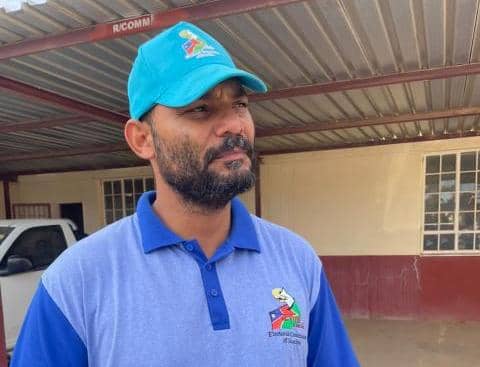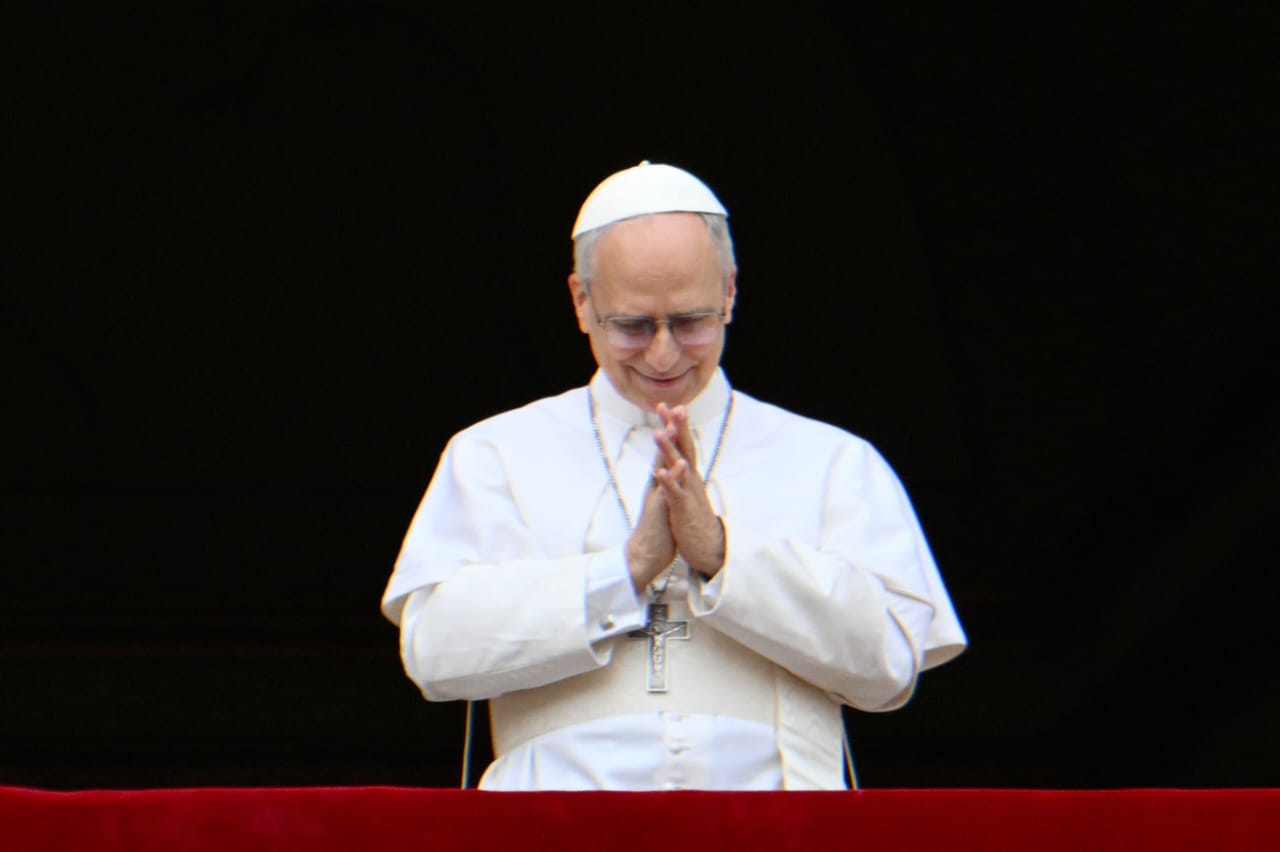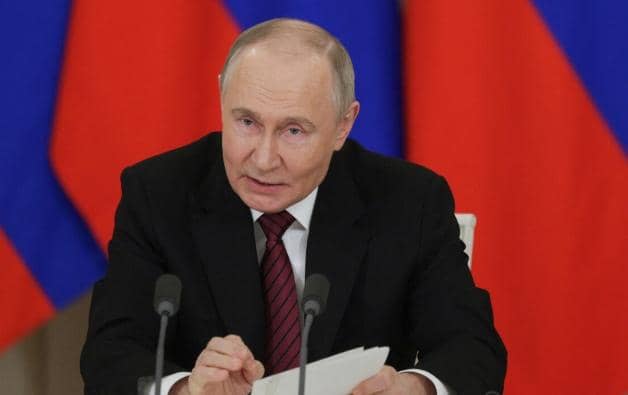REPUBLICAN Party President Henk Mudge set the cat among the pigeons in the National Assembly on Wednesday with his motion on the appointment and recognition of traditional leaders throughout the country.
According to Mudge, “a large number of communities throughout the country” felt that Government preferred to recognise mostly traditional leaders who supported Swapo, instead of those chosen by their communities. “I myself have been entertained by a number of people from the Caprivi to the south and from the east to the west of the country, where accusations are rife that headmen, indunas and chiefs and maybe even kings are promised recognition on condition that the said (authorities) will use their position to influence their subjects to support the ruling party,” Mudge stated.He said that this had led to numerous situations where traditional leaders were appointed against the will of the people they were supposed to represent.”Government has no legal or constitutional right to decide for the communities.So as long as the different communities are unhappy or aggrieved, the Minister (of Lands and Resettlement) has no option but to revisit the issue until a solution to the satisfaction of the entire community is found,” he said.Mudge was supported by Nudo’s Chief Kuaima Riruako and the DTA’s McHenry Venaani and Katuutire Kaura.According to Venaani, the problem stemmed from Namibia’s colonial history and from the fact that a number of communities were then dispossessed from their original areas, setting up different splinter groups across the country.These groups all decided on new leaders, he said, leading to a scenario where for example 46 different Herero chiefs had been asking for recognition from the Namibian Government.Venaani said that he saw no problem with all these traditional leaders being recognised, despite them living in areas that were previously claimed by other groups.The house was divided between Swapo and the three opposition parties, with Deputy Minister of Lands Isak Katali saying that with too many traditional leaders in one area, it would be difficult to establish which one communal land could be requested from.He suggested that traditional leaders chosen by their communities organised themselves better so they could form part of the traditional councils.He said traditional councillors were chosen from traditional leaders, so if five ethnic groups lived together on the same land, all of them could be represented on the traditional council.The debate was brought back into focus by former Prime Minister Hage Geingob, who reminded Parliamentarians to fight towards building one national identity, instead of bickering over tribal issues.”Back in the day, the powers that be wanted to put us in homelands because they thought we couldn’t co-exist as a nation.We’d fight what they say, and we opposed it.But now I’m worried,” he said.”Problems are caused when people are excluded, when a certain race, tribe or people feel powerless.And this is why this notion was proposed,” he said.”I myself have been entertained by a number of people from the Caprivi to the south and from the east to the west of the country, where accusations are rife that headmen, indunas and chiefs and maybe even kings are promised recognition on condition that the said (authorities) will use their position to influence their subjects to support the ruling party,” Mudge stated.He said that this had led to numerous situations where traditional leaders were appointed against the will of the people they were supposed to represent.”Government has no legal or constitutional right to decide for the communities.So as long as the different communities are unhappy or aggrieved, the Minister (of Lands and Resettlement) has no option but to revisit the issue until a solution to the satisfaction of the entire community is found,” he said.Mudge was supported by Nudo’s Chief Kuaima Riruako and the DTA’s McHenry Venaani and Katuutire Kaura.According to Venaani, the problem stemmed from Namibia’s colonial history and from the fact that a number of communities were then dispossessed from their original areas, setting up different splinter groups across the country.These groups all decided on new leaders, he said, leading to a scenario where for example 46 different Herero chiefs had been asking for recognition from the Namibian Government.Venaani said that he saw no problem with all these traditional leaders being recognised, despite them living in areas that were previously claimed by other groups.The house was divided between Swapo and the three opposition parties, with Deputy Minister of Lands Isak Katali saying that with too many traditional leaders in one area, it would be difficult to establish which one communal land could be requested from.He suggested that traditional leaders chosen by their communities organised themselves better so they could form part of the traditional councils.He said traditional councillors were chosen from traditional leaders, so if five ethnic groups lived together on the same land, all of them could be represented on the traditional council.The debate was brought back into focus by former Prime Minister Hage Geingob, who reminded Parliamentarians to fight towards building one national identity, instead of bickering over tribal issues.”Back in the day, the powers that be wanted to put us in homelands because they thought we couldn’t co-exist as a nation.We’d fight what they say, and we opposed it.But now I’m worried,” he said.”Problems are caused when people are excluded, when a certain race, tribe or people feel powerless.And this is why this notion was proposed,” he said.
Stay informed with The Namibian – your source for credible journalism. Get in-depth reporting and opinions for
only N$85 a month. Invest in journalism, invest in democracy –
Subscribe Now!










